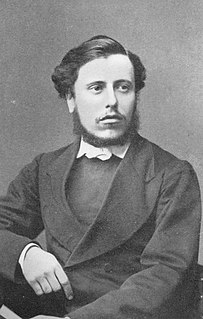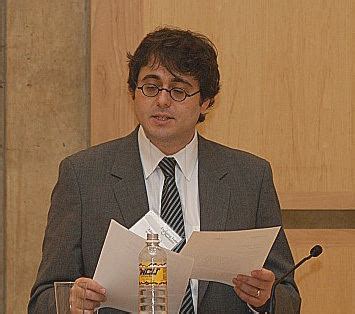A Quote by Rudolf Bultmann
The motive for criticizing myth, that is, its objectifying representations, is present in myth itself, insofar as its real intention to talk about a transcendent power to which both we and the world are subject is hampered and obscured by the objectifying character of its assertions.
Related Quotes
But myth is something else than an explanation of the world, of history, and of destiny. Myth expresses in terms of the world - that is, of the other world or the second world - the understanding that man has of himself in relation to the foundation and the limit of his existence. Hence to demythologize is to interpret myth, that is, to relate the objective representations of the myth to the self-understanding which is both shown and concealed in it.
But the myth of power is, of course, a very powerful myth, and probably most people in this world more or less believe in it. It is a myth, which, if everybody believes in it, becomes to that extent self-validating. But it is still epistemological lunacy and leads inevitably to various sorts of disaster.
If people would stop objectifying abstractions (which they probably never will), or if they would stop objectifying the abstractions they make consciously (which they might learn to do), at least half the pseudo-questions befuddling the world today - as they have befuddled it since time immemorial - would vanish. And that would be a very, very great gain.
Dream is personalized myth, myth is depersonalized dream; both myth and dream are symbolic in the same general way of the dynamics of the psyche. But in the dream the forms are quirked by the peculiar troubles of the dreamer, whereas in myth the problem and solutions shown are directly valid for all mankind.
































